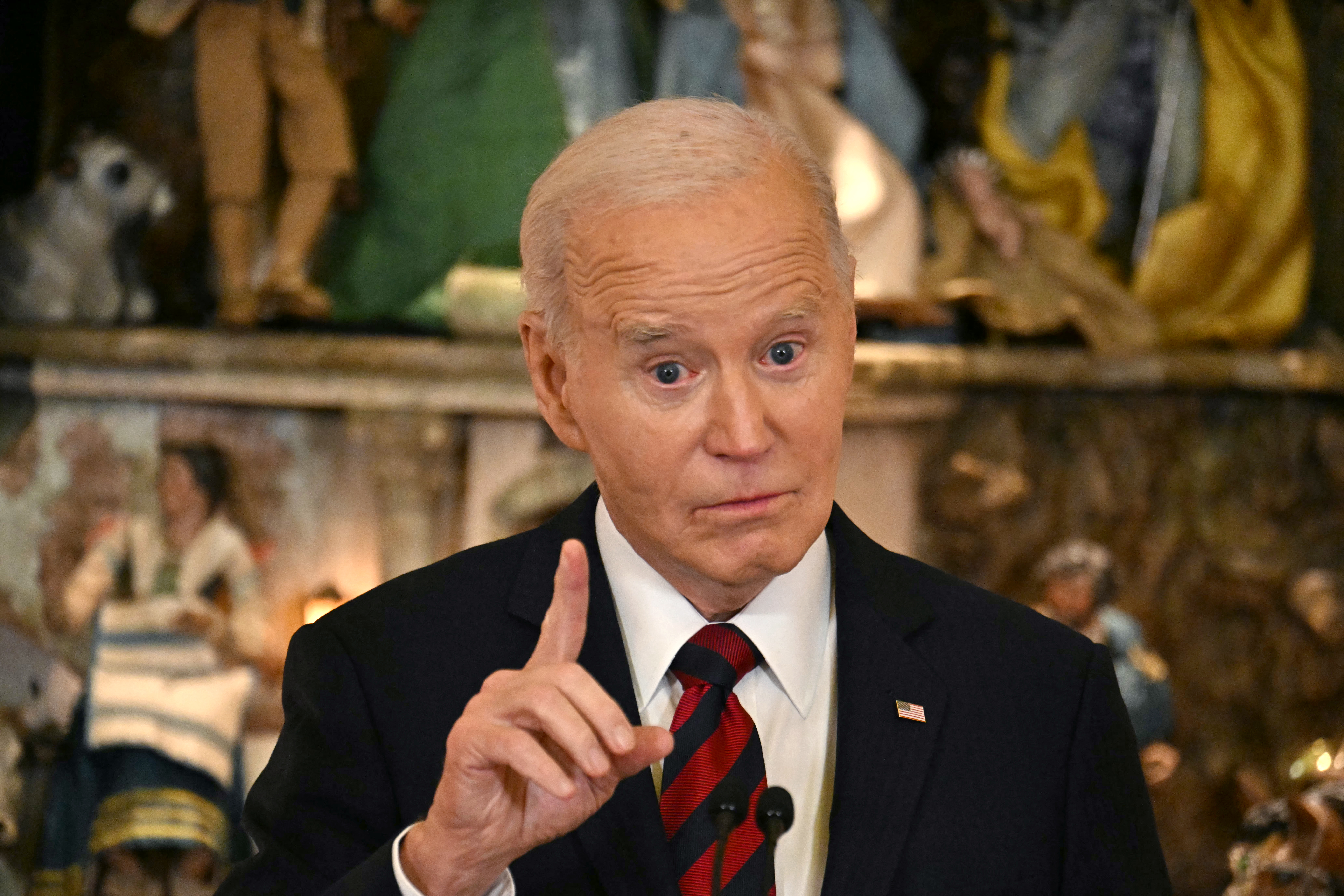
U.S. President Joe Biden's administration has explored potential responses to Iran's nuclear program, including military options, as Tehran's enrichment activities bring it closer to weapon-grade uranium.
The discussions, which took place roughly a month ago, remained undisclosed until now, sources familiar with the matter told Axios.
During a high-level White House meeting, National Security Adviser Jake Sullivan presented Biden with various scenarios for responding to Iranian nuclear advances, including a U.S. military strike.
While no decision has been made, the discussions signal heightened concerns over Iran potentially enriching uranium to 90% purity—the threshold for nuclear weapons development.
The meeting was described as part of "prudent scenario planning" rather than a decision-making session, according to a U.S. official.
Administration insiders have debated whether the current geopolitical landscape—marked by Iran's strained regional alliances and setbacks in its conflict with Israel—could offer a strategic opportunity to weaken Tehran's nuclear ambitions.
Sullivan and other aides reportedly emphasized that the degradation of Iran’s air defenses and missile systems, combined with diminished influence of Iranian proxies, might enhance the likelihood of a successful strike while reducing risks of retaliation or broader regional escalation.
Still, the sources stressed that Biden has not greenlit any military action and that active discussions about such a strike are not ongoing within the White House.
One key question raised during the meeting was whether Iran's recent nuclear activities had created an urgent scenario necessitating immediate U.S. action.
Iran has enriched uranium to 60%, which is just a short technical step from the 90% level required for a nuclear weapon.
The International Atomic Energy Agency (IAEA) recently confirmed that Iran possesses enough 60%-enriched uranium to potentially produce four nuclear weapons.
While Iran insists its nuclear program is strictly for civilian purposes, recent public statements by Iranian officials hint at a potential shift in nuclear doctrine.
These comments, coupled with reports of suspicious nuclear research activities, have prompted alarm among U.S. and Israeli intelligence officials.
A military strike during Biden’s final days in office would carry significant geopolitical and domestic implications.
It could entangle the incoming administration in a fresh Middle Eastern conflict, despite Biden's longstanding pledge to prevent Iran from acquiring nuclear weapons.
The timing also coincides with reports of increased Iranian weaponization research, including computer modeling and metallurgy, which experts believe could shorten the timeline for producing a nuclear device.
However, Israeli intelligence estimates suggest that Iran would still require at least a year to develop a functional warhead.
As the Biden administration prepares for the presidential transition, officials have reportedly briefed President-elect Trump’s team on the intelligence landscape surrounding Iran's nuclear program.
“They may choose a different course, a different strategy, but I want to make sure we are starting from a common base of what we are facing with respect to the threat posed by Iran's nuclear program,” Sullivan said at a recent New York conference.